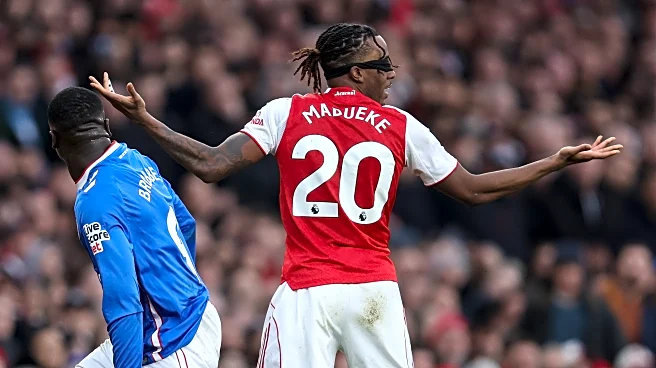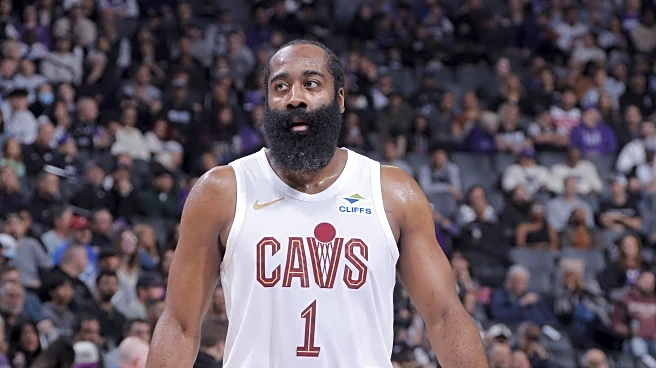What's Happening?
In November 2025, significant layoffs at Teen Vogue, CBS, and NBC have raised concerns about the state of Black media representation in the United States. Teen Vogue, known for its socially conscious content, announced its absorption into Vogue.com, resulting
in the dismissal of entire teams, including those focused on politics and news. This move has left the publication without any Black women on staff, as highlighted by former staffer Aiyana Ishmael. Similarly, CBS News, under the leadership of Bari Weiss, has faced criticism for layoffs that disproportionately affected its Race & Culture Unit, with allegations of race-based dismissals. NBC News also laid off around 150 employees, impacting editorial teams dedicated to diverse communities. These developments are seen as part of a broader trend of media consolidation and political rollback under President Trump's administration, which critics argue undermines inclusive reporting and Black storytelling.
Why It's Important?
The layoffs at these major media outlets underscore a troubling trend of diminishing Black representation in journalism and media. This reduction in diverse voices can lead to a narrower scope of news coverage, potentially marginalizing issues pertinent to Black communities and other minority groups. The consolidation of media outlets and the reduction of culturally focused editorial teams threaten the progress made in amplifying diverse perspectives. The impact extends beyond job losses, affecting the cultural and institutional memory of these organizations. As media companies prioritize cost-cutting, the risk is that stories from marginalized communities will be underrepresented, affecting public discourse and policy-making. The situation calls for a reevaluation of media practices to ensure that diverse voices continue to be heard and that the media landscape remains inclusive and representative of all communities.
What's Next?
The media industry may face increased scrutiny and pressure from advocacy groups and the public to address the lack of diversity and representation. There could be calls for policy changes or initiatives to support minority journalists and ensure that media organizations maintain diverse editorial teams. Additionally, there may be a push for independent and alternative media outlets to fill the gap left by mainstream media, providing platforms for underrepresented voices. The ongoing political climate and media consolidation trends will likely continue to influence the landscape, prompting stakeholders to explore new strategies for sustaining inclusive journalism.
Beyond the Headlines
The layoffs and restructuring at these media companies highlight deeper systemic issues within the industry, including the challenges of maintaining diversity in a consolidating market. The erosion of Black-led editorial spaces not only impacts current media narratives but also affects future talent pipelines, as young journalists from diverse backgrounds may find fewer opportunities to enter the field. This situation raises ethical questions about the responsibility of media organizations to reflect the diversity of the society they serve. The cultural impact of these changes could lead to a loss of trust in mainstream media among minority communities, emphasizing the need for media outlets to prioritize inclusivity and representation in their operations.















